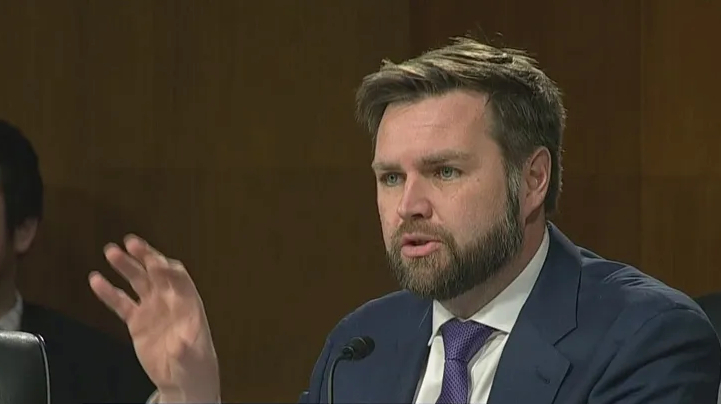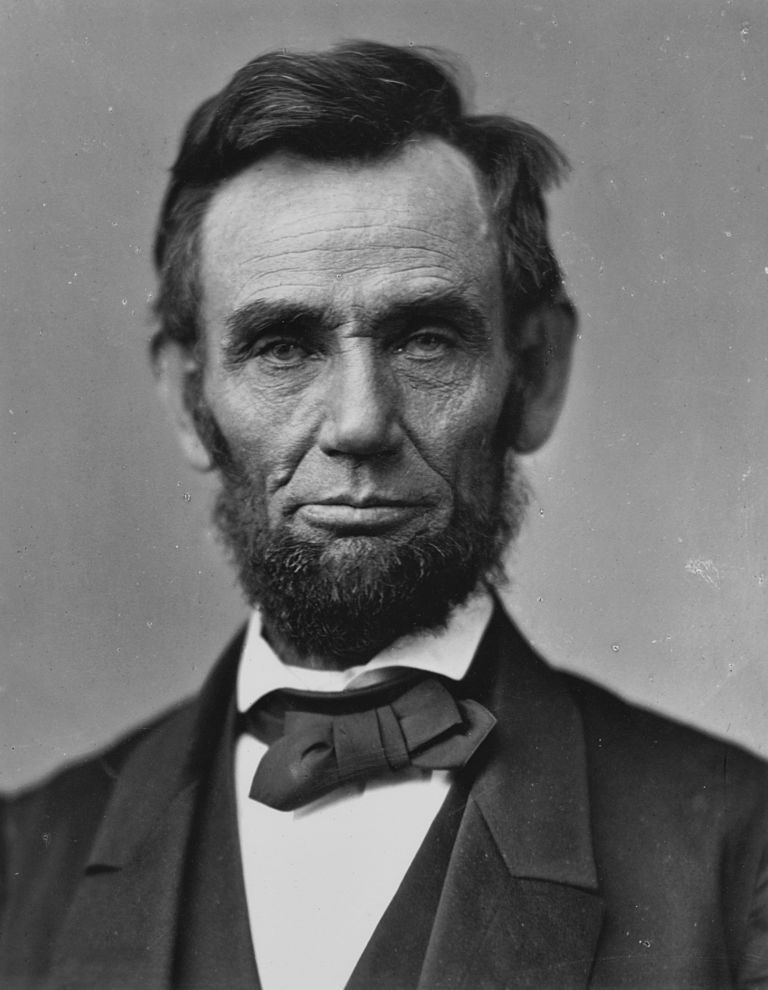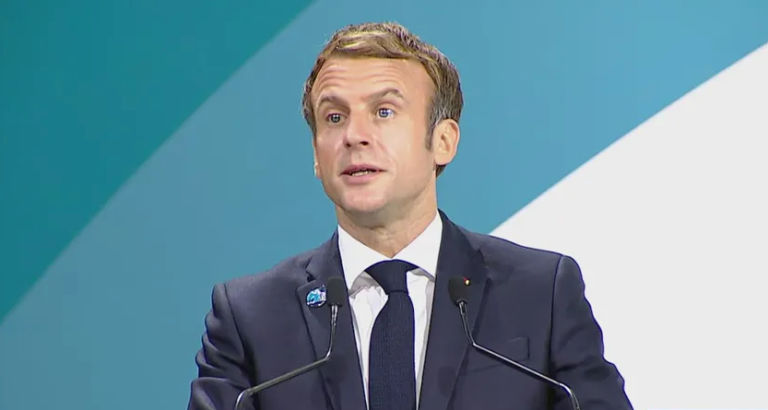President Donald Trump, more than any other president in recent memory, understands the devastating though unseen economic effects of overregulation. Trump’s strong commitment to deregulation bears that out and is silently improving the business climate across the land.
Which is why his advocacy for tariffs is so perplexing. This week he has announced steel and aluminum tariffs on Canada, Mexico, and the European Union. He has also imposed tariffs on industrial supplies from China and on solar panels, and is reportedly considering them on autos and auto parts, among other things.
The thinking is, the tariffs will help domestic producers of those things. They will. The assumption beyond that is they’ll help the domestic economy by visibly boosting those domestic producers. They won’t.
This reality about tariffs — that they’re so fraught with unintended negative consequences that they cause more harm than good — is a founding insight to the whole discipline of economics:
Faster economic growth and greater prosperity are byproducts of free trade. Free enterprise is the most effective poverty fighter known to man.
In discussing the “faith and morality” case for over doubling the minimum wage, I’ve pointed out that the negative unintended consequences of a minimum wage is one of the issues economists agree the most about.
Here’s something else economists are firmly agreed upon: Tariffs and import quotas usually reduce general economic welfare.
In Harvard University economist Greg Mankiw’s compilation of public policy issues on which economists agree, that one gets a whopping 93 percent of economists.
The faulty economics are similar for both the tariff and the minimum wage. The government is artificially cutting off lower-priced producers (of steel, of labor), pointing to higher costs (of steel, of labor), and forgetting that those higher costs leave consumers with fewer resources to spend elsewhere. It’s a deadweight loss.


